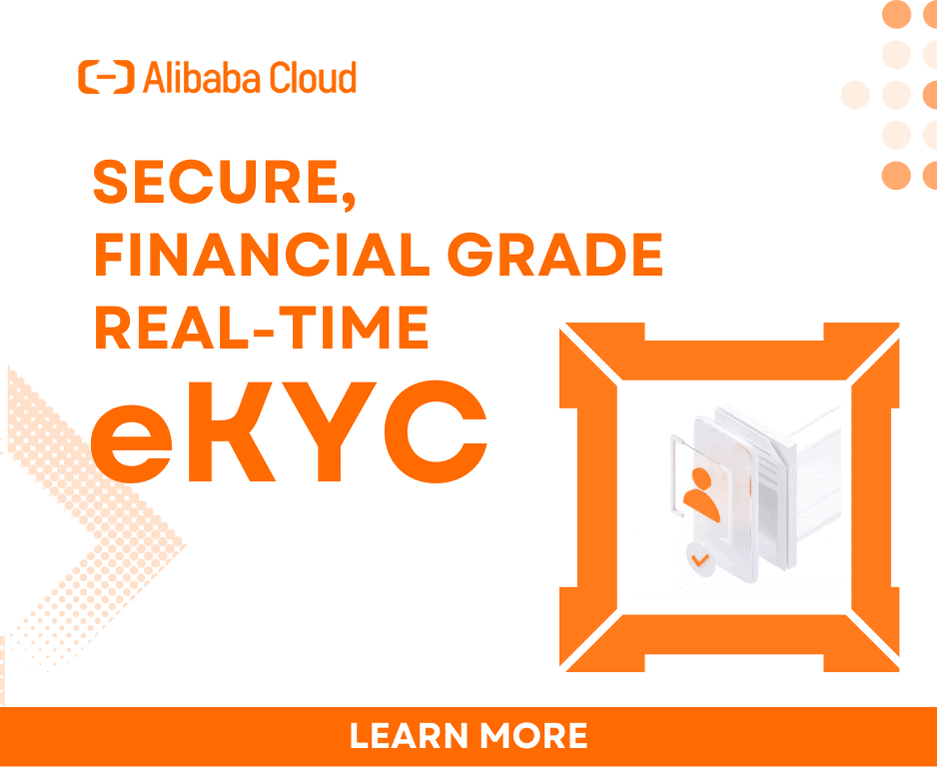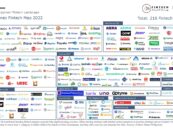
Top 5 Most Well-Funded Fintech Companies in the Philippines
by Fintech News Philippines April 7, 2022In 2021, the Philippines’ fintech sector gained significant traction amid rapid adoption of digital financial services. This was supported by a conducive regulatory environment and investors’ growing interest in the prospect of technology to bring the country’s large population of unbanked into the financial system.
In 2021, fintech companies in the Philippines raised a total of US$356.23 million, representing a 160% year-on-year (YoY) increase, according to the Fintech in ASEAN 2021 report by UOB, PwC Singapore, and the Singapore Fintech Association.
Fintech also represents the lion share of tech funding in the Philippines with a total of 297% YoY growth.
The year was marked with large rounds of funding that went into growth stage startups to support their growth and expansion plans. Today, we look at the top five most-well funded fintech companies in the Philippines and what they’ve been up to this past year.
Global Fintech Innovations – US$475 million

Globe Fintech Innovations, doing business as Mynt, is a unit of Global Telecom, a major provider of telecommunications (telco) services in the Philippines. The company provides financial services and is the operator of the widely successful GCash app.
GCash is the number one financial app in the Philippines, allowing customers to easily purchase prepaid airtime, pay their bills, send and receive money anywhere in the country, shop at 4.5 million partner merchants and social sellers, as well as gain access to savings, credit, insurance and invest money, all at the convenience of their smartphones.
GCash claims it boasts 55 million registered users, and around 174,000 cash-in and cash-out agents. In 2021, it tripled its gross transactions to PHP 3.8 trillion (US$74 billion) from PHP 1.2 trillion (US$23 billion) in 2020, and says it handles 19 million transactions a day.
Founded in 2015, Global Fintech Innovations has been recognized as a leader in the digital transformation of payments and other financial services in the Philippines. The company is now planning to expand its investment products to cover cryptocurrencies and stock trading, and is also contemplating an initial public offering (IPO), Ernest Cu, the CEO of Global Telecom told Bloomberg in March.
Global Fintech Innovations secured US$300 million in funding in November 2021, valuing the company at over US$2 billion. The round brought the total funding raised to US$475 million, data from CB Insights show.
Voyager Innovations – US$452 million

Voyager Innovations, the digital arm of PLDT, the Southeast Asian nation’s biggest telco company by market value, is one of the leading technology companies in the Philippines focusing on digital and financial inclusion.
Voyager Innovations’ fintech arm, PayMaya Philippines, provides integrated digital financial services platforms that cut across consumers, merchants, communities, and government.
PayMaya’s consumer platforms provide more than 38 million Filipinos with access to financial services, allowing them to pay, add money, cash out or remit through a network of over 300,000 digital touchpoints nationwide.
Its Smart Padala by PayMaya network of over 55,000 partner agent touchpoints serves as last-mile digital financial hubs in communities, providing the unbanked and underserved access to digital services. And its enterprise business operates the largest digital payments processor for key industries in the country, including “every day” merchants such as the largest retail, food, gas, and eCommerce merchants, as well as government agencies and units.
PayMaya is now preparing to launch cryptocurrency investments and expand touchpoints where users can transact with the company. The company is also about to launch its digital bank, called Maya Bank, after receiving a license from the central bank.
Voyager Innovations raised its latest funding round in July 2021, closing a US$167 million fundraise. The sum brought the company’s total to US$452 million, according to Techcrunch. The company is now considering raising US$150 million to US$200 million to help finance its expansion, people familiar with the knowledge told Bloomberg in February. The company won a digital bank permit in September.
GrowSari – US$110 million

GrowSari started in 2016 as an ordering platform servicing roughly sari-sari stores, or neighborhood convenience stores, in three cities. Since then, the company has expanded into other micro, small and medium-sized enterprises (MSMEs)/non-sari-sari store formats nationwide, as well as financial services and logistics. Today, GrowSari powers the management, growth, and analytics infrastructure across 220 municipalities.
In addition to providing credit and affordable, on-demand inventory, GrowSari’s platform also generates critical data and insights into the operations of these stores for manufacturers and distributors to build their strategies and campaigns upon.
GrowSari has also integrated multiple-microservices such as telco load, bills payments, e-commerce, Wi-Fi and other e-services, allowing store-owners to maximize their capital in one wallet and easily expand their business.
GrowSari claims a client base of 100,000 stores. The company says since 2019, its gross merchandise value for GrowSari has increased 6.5 times, while revenue has grown 2.5 times.
In March 2022, the company raised US$77.5 million in a Series C round, bringing its total funding raised to about US$110 million.
Philippine Digital Asset Exchange – US$63 million

Founded in 2017, Philippine Digital Asset Exchange (PDAX) is the operator of one of the leading cryptocurrency exchanges in the Philippines, allowing users to trade popular cryptocurrencies and digital assets including bitcoin and ether.
The company’s platform helps users deposit and withdraw funds through a network of online and offline channels and offers guaranteed liquidity and multiple order types including limit and stops orders, enabling traders to get fair pricing, instant order execution, and easily follow market trends.
PDAX received its license from the central bank in 2018 and was officially launched in the Philippine market in 2019.
The company said in February 2021 it reached a 35-fold growth in user sign-ups since the start of the lockdowns. It claims about 500,000 users. Just recently, it launched the PDAX Prime, an exclusive service dedicated to sophisticated Filipino crypto investors that provides access to a number of perk and services, including over-the-counter (OTC) trading, personal assistance and support, as well as exclusive content.
PDAX raised a US$50 million Series B funding round in February 2022, bringing its total funding to about US$63 million.
PayMongo – US$46 million

Founded in 2019, PayMongo is a payment processing platform for businesses to manage their payments through credit cards, bank deposits, e-wallets or cash. The company works with businesses of all sizes, but targets MSMEs in particular.
PayMongo’s products include the PayMongo API, an easy-to-integrate solution that lowers integration time to a few lines of code, PayMongo Links, which allow businesses to collect one-time payments through chat, SMS, and email, PayMongo Pages, which are always-on custom-made payment pages, and E-commerce Plugins, which integrate directly with popular e-commerce platforms such as Shopify, PrestaShop, Woocommerce, or Magento websites.
PayMongo raised US$31 million in Series B funding in February 2022, bringing its total funding to just under US$46 million. Since closing its Series A in September 2020, the company said it has achieved a phenomenal 3 time growth in merchant base and a 4 time growth in monthly transaction volumes.
PayMongo said it will use the proceeds raised in its Series B to scale its operations by strengthening its current payments infrastructure and acquire new licenses to venture into more financial services, including disbursements, capital lending, buy now, pay later (BNPL), subscriptions and recurring payments. The company said it will also explore regional expansion.








